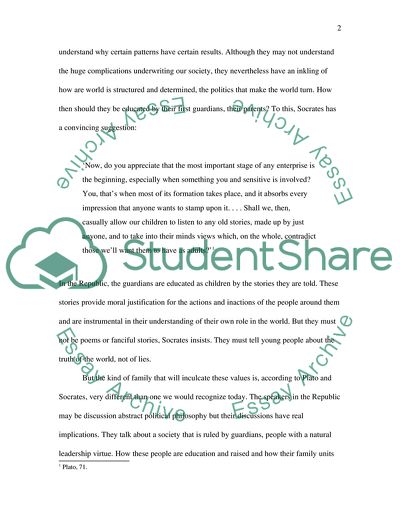Cite this document
(Relevance of Family or Household for Politics Essay, n.d.)
Relevance of Family or Household for Politics Essay. https://studentshare.org/people/1727938-relevance-of-family-or-household-for-politics
Relevance of Family or Household for Politics Essay. https://studentshare.org/people/1727938-relevance-of-family-or-household-for-politics
(Relevance of Family or Household for Politics Essay)
Relevance of Family or Household for Politics Essay. https://studentshare.org/people/1727938-relevance-of-family-or-household-for-politics.
Relevance of Family or Household for Politics Essay. https://studentshare.org/people/1727938-relevance-of-family-or-household-for-politics.
“Relevance of Family or Household for Politics Essay”. https://studentshare.org/people/1727938-relevance-of-family-or-household-for-politics.


